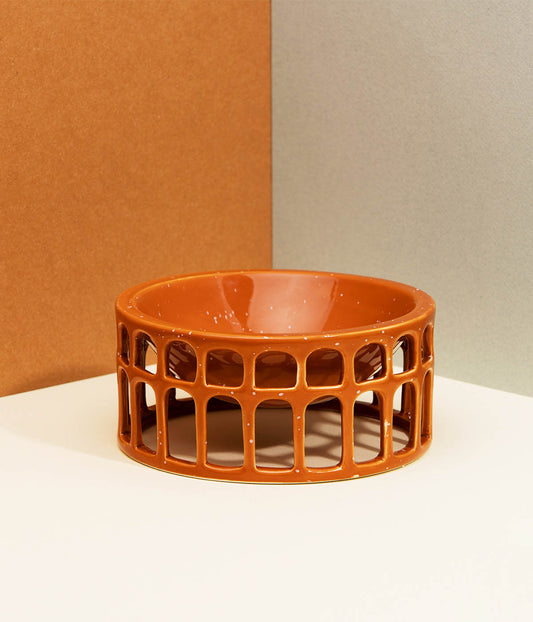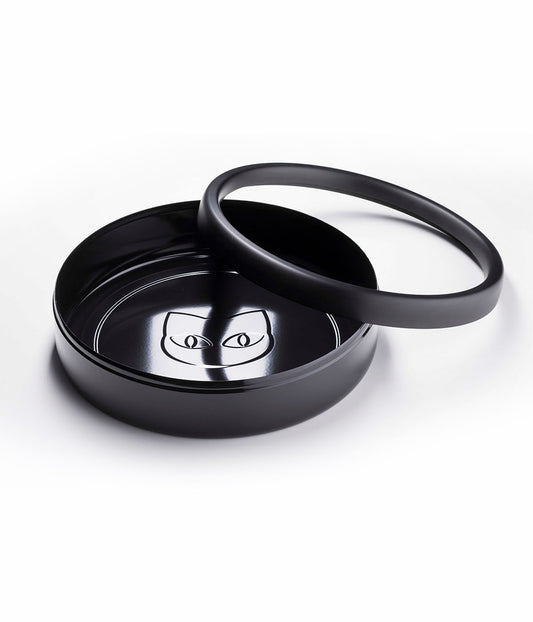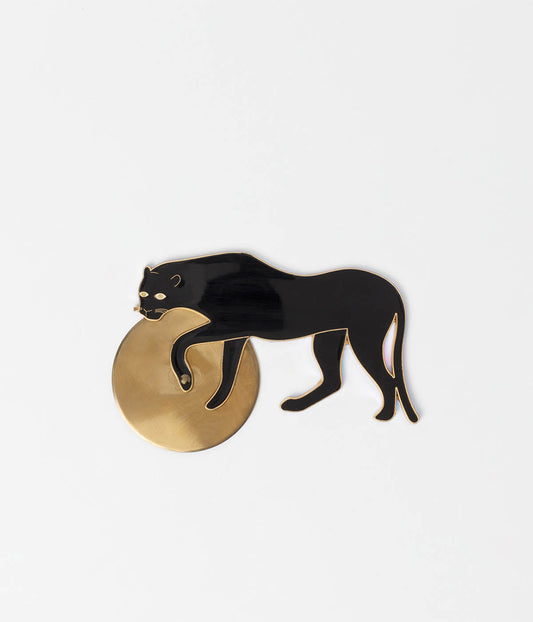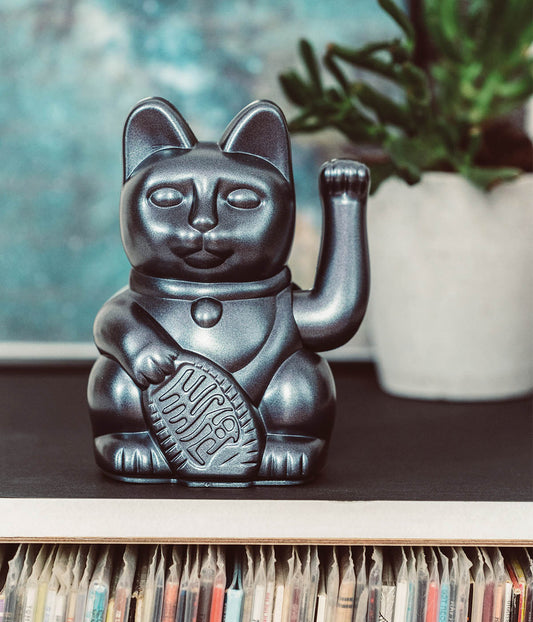
How Much Water Do Dogs Need
Marie DuchessOne important aspect of their well-being is hydration. Just like humans, dogs need water to survive and thrive. But how much water do dogs actually need? Let's find out!
Why is water important for dogs?
Water plays a vital role in a dog's overall health. It helps regulate their body temperature, aids in digestion, and helps transport nutrients throughout their body. Additionally, water is essential for proper kidney function and helps flush out toxins from their system.
Factors that affect a dog's water intake
Several factors can influence how much water a dog needs. These include:
- Size and weight: Larger dogs generally require more water than smaller dogs.
- Activity level: Active dogs or those who engage in strenuous exercise will need more water to stay hydrated.
- Weather conditions: Hot and humid weather can cause dogs to sweat more and require increased water intake.
- Diet: Dogs who consume dry kibble may need more water compared to those on a wet food diet.
- Health conditions: Certain medical conditions, such as kidney disease or diabetes, can increase a dog's water needs.
How much water should a dog drink?
On average, a healthy dog should drink about 1 ounce of water per pound of body weight per day. This means that a 20-pound dog would need approximately 20 ounces (or 2.5 cups) of water daily. However, it's important to note that individual dogs may have different needs, so it's essential to monitor your dog's water intake and adjust accordingly.
Signs of dehydration in dogs
Dehydration can be dangerous for dogs, so it's crucial to recognize the signs. Some common signs of dehydration in dogs include:
- Excessive panting
- Dry gums and nose
- Lethargy or weakness
- Loss of appetite
- Sunken eyes
- Dark yellow urine
Tips to ensure your dog stays hydrated
Here are some simple tips to help ensure your dog stays hydrated:
- Always provide fresh, clean water for your dog.
- Consider using a pet water fountain to encourage drinking.
- Monitor your dog's water intake and refill the bowl as needed.
- During hot weather or increased activity, offer water more frequently.
- If your dog is reluctant to drink, try adding a small amount of low-sodium chicken broth to their water.
Remember, water is essential for your dog's health and well-being. By understanding their water needs and taking the necessary steps to ensure they stay hydrated, you can help keep your furry friend happy and healthy for years to come!













